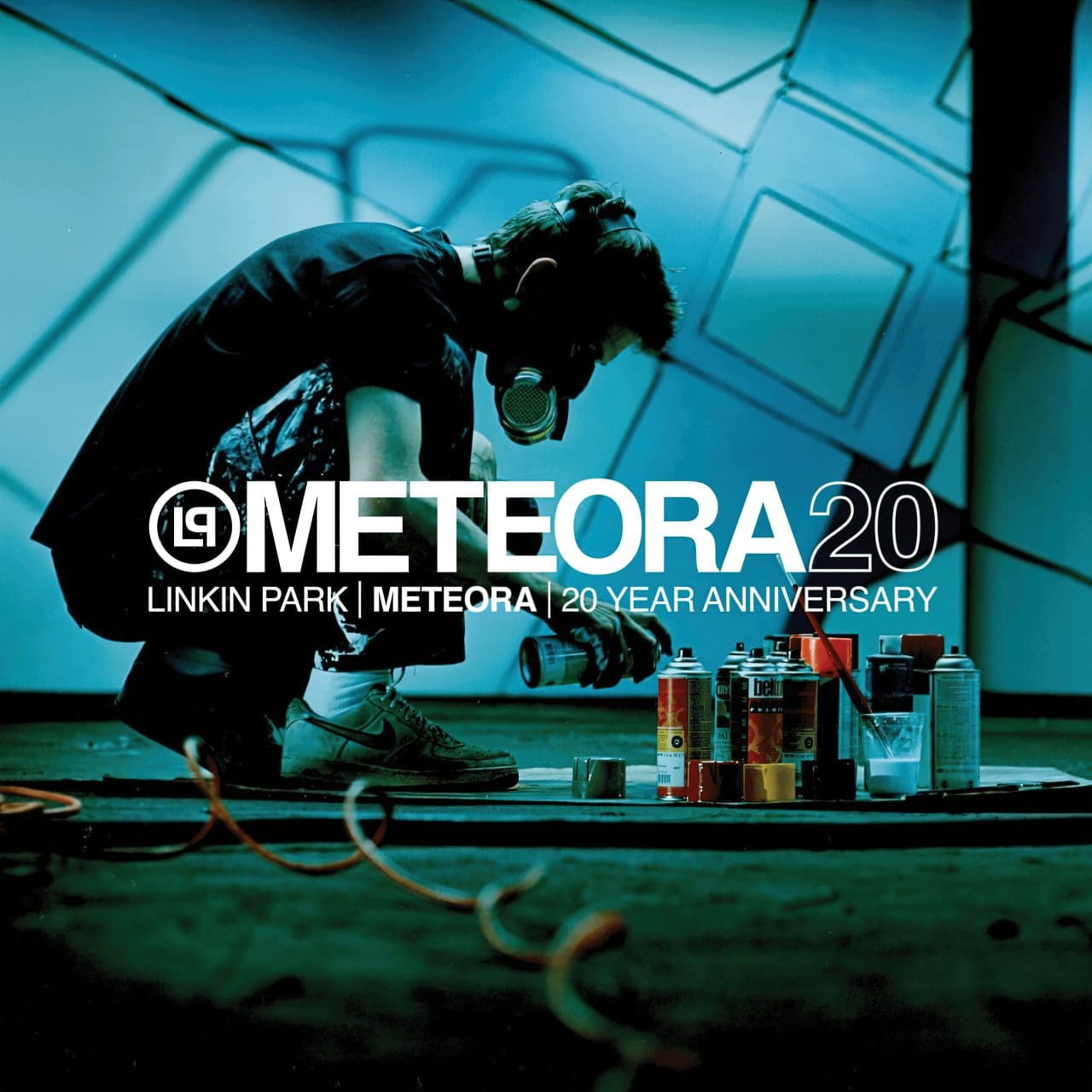Yesterday marked a tragic anniversary and one that all of us in the music community wish we didn’t have to experience. It’s been five years since Chester Bennington, the lead singer of Linkin Park, died by suicide after a lifelong battle with mental illness.
As it was on the day he passed and the anniversaries that followed, I have seen countless posts on social media discussing his impact. People share memories of concerts they attended or songs that meant something to them. I have even had friends talk to me privately and express their continued sadness over his death. It seems like everyone is grieving in their own way.
What struck me about the reactions to Chester’s death was how personal they felt. People weren’t just mourning the loss of a celebrity; they were mourning the loss of a best friend. And I am here to tell you that in my opinion? That is completely normal.
Linkin Park’s debut album, Hybrid Theory, released in 2000, quickly established the band as one of the most famous rock groups of the new millennium. The album’s raw, honest lyrics about isolation, depression, and mental illness struck a chord with many listeners, who felt they finally had someone who understood them.
For many fans, Linkin Park’s lyrics were a lifeline, convincing them to seek help for their depression or suicidal thoughts. Generations of people who struggled with mental illness found hope and inspiration in the music of Linkin Park. Chester’s voice resonated with millions of listeners. To borrow words from Linkin Park’s letter to the late singer, how he sang about those demons made everyone fall in love with him in the first place.
Connections like what Linkin Park brought their listeners are important. In an ideal world, mental health services and good productive mental healthcare would be accessible to everyone who needs it. However, let’s face it: we’re still far from perfect when discussing mental health. We still have miles to go in increasing access on the road to social transformation around the topic of Mental Health.
A quick internet search will turn up thousands of horror stories about bad mental health treatment. But isn’t just today’s health care that is substandard. In fact, one need not go very far back in history to encounter heartbreaking tales of maltreatment and abuse at mental hospitals as recently as 40-50 years ago. As a result, there has been an unjust stigma surrounding mental health for many generations, one that we’re just beginning to shed with greater awareness. But we still are so far away from where we need to be.
This is where the music of Linkin Park and Chester’s openness in discussing his struggles made such a difference. In a world where it still feels taboo at times to talk about mental health, Chester was unafraid to speak his truth. Chester Bennington was never subtle with his emotions. That openness endeared him to many fans throughout the band’s nearly two decades with Chester. Those without access to safe places of refuge could find one in Chester Bennington and Mike Shinoda‘s lyrics. Chester wasn’t just a fantastic musician. To many of his fans, he was a friend they could count on to give them a voice, even if they didn’t think they had one.
We do not always realize how much we miss those people until they are gone. When someone who holds such significance to our lives passes on, we experience an empty hole in our hearts that can never be completely filled. It may seem strange to some of you that I’m writing about death and grieving for someone who many fans will have never known on a personal level. But this is precisely why I’m doing it: because when we lose someone who feels like a friend, someone tied so tightly to significant moments in our lives, it can be difficult to process those feelings.
We may not have known them personally, but in our shared emotional experiences, it sure felt like we did. I think that’s why celebrity deaths can impact us so profoundly. They feel like a personal loss because, in some ways, they are. While I was fortunate enough to meet Chester on multiple occasions, for some of us, we might not have ever met our favorite artist. Still, their art has touched our lives in some way. And that connection is powerful enough to create real grief.
Music can bring people together like no other force on Earth. It knows no boundaries of race, religion, or nationality. It can break through the hardest of hearts and forge the strongest bonds. When we come together to enjoy music, we create shared experiences and long-lasting memories. We become a community united by our love of sound. Music has the power to lift our spirits, soothe our souls, and transport us to another time and place. It is the universal language that speaks to us all. There’s nothing quite like sharing a favorite song with a friend or loved one. Whether dancing in a nightclub or singing in a choir, music brings us together and reminds us of our shared humanity.
And it is that shared common humanity that allows us to grieve collectively when an artist, actor, or performer that helped make some of our favorite memories passes on. Maybe you made a friend through a band’s message boards that you wouldn’t have had if the band never existed.
Perhaps you first met your spouse at a concert. Or maybe one of your most cherished recollections is seeing a movie or show featuring said celebrity with a late loved one. In either case, you’re permitted to mourn a famous person since it’s through their art that you have a lovely and distinctive connection with them.
So what do you do when you’re still hurting randomly years later? Well, that’s okay too. Grief is a confusing topic. It doesn’t always make sense and doesn’t have an expiration date. Just because someone left us years ago doesn’t mean you can’t continue to grieve their loss because it’s been a long time. They say time heals all wounds, but if you’ve ever experienced grief, I think we can agree that’s bullshit.
It may take years for people to completely accept the death of a loved one. Six years ago, my father passed away. I’ve advanced as a person since then and become someone I think he’d be incredibly proud of, but grief waves continue to assault me from time to time, and that’s fine.
Your grief is valid if you miss Chester, Robin Williams, Prince, Chris Cornell, AVICII, Michael Jackson, David Bowie, or any fabulous celebrities we’ve lost over the last few decades. Those people were important to you.
So if you struggle with the death of a celebrity, don’t be afraid to talk about it with a fellow fan or griever. They can help you make sense of your feelings and provide you with tools to cope with the feeling of loss. Remember, you’re not alone in this. And it’s okay to mourn someone you weren’t personally close to. We all grieve in our own way and in our own time.
So take care of yourselves and each other during these difficult times. Grief comes for us all, but we don’t have to go through it alone. We are a community of art lovers and will get through this together.
You are not alone. If you or someone you know is struggling with mental illness, please reach out for help. The National Suicide Prevention Lifeline provides 24/7, accessible, and confidential support for people in distress and prevention and crisis resources for you or your loved ones. You can call the lifeline at 800-273-TALK (800-273-8255) to speak with a trained counselor. Additionally, please check out our mental health guide here for more resources and help.








